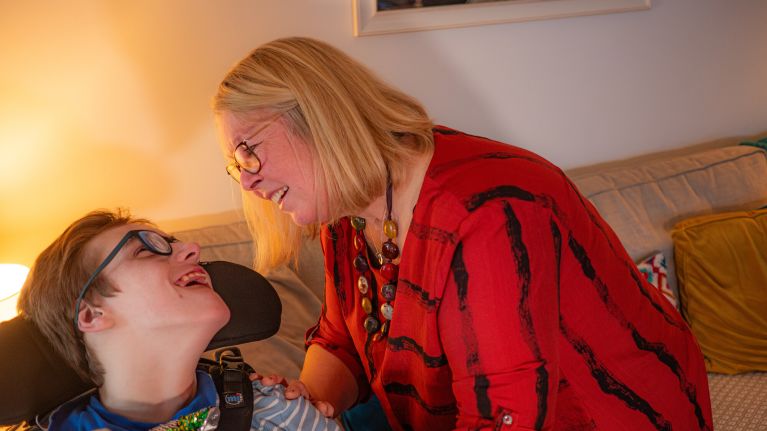
Last night (1 July), MPs voted to pass the Universal Credit (UC) and Personal Independence Payment (PIP) Bill at second reading in the House of Commons. While the UK Government’s recent changes are a step in the right direction, significant uncertainty and concern remain over how the Bill will affect parents and carers of seriously ill children—particularly those who may not meet the new, narrower, eligibility criteria.
Prior to the vote and following significant criticism from MPs, ministers made several concessions. These included:
- announcing that a co-produced review of the PIP assessment process will be conducted and led by Minister of State for Social Security and Disability, Sir Stephen Timms MP;
- amending the Bill to ensure the new eligibility requirements for PIP will only apply to new claimants and will not come into force until the PIP assessment review has concluded; and
- ensuring that all existing recipients of the UC health element and new claimants who meet the government’s severe conditions criteria or qualify under the special rules for end of life will see their UC allowances rise at least in line with inflation every year from 2026/27 to 2029/30.
Responding to the debate, chief executive of Together for Short Lives, Nick Carroll said:
“While I welcome the changes to the welfare plans announced by the Government earlier this week, I remain deeply concerned that the Bill, as it stands, could place many families caring for seriously ill children under even greater financial strain—especially those who do not meet the severe conditions criteria.
“The commitment to protect existing recipients of the universal credit health element and those who qualify under the severe conditions criteria or the special rules for end of life is positive. Given the complex nature of life-limiting and life-threatening conditions that many young people live with, we anticipate that most will fall within one of these categories, and therefore have their allowances protected.
“However, families of seriously ill children already face significant financial pressures, including higher energy bills and reduced income due to caring responsibilities. Research from Contact has shown that 44% of parents of disabled children or their partners have a disability or health condition themselves.
“It is therefore vital that the Government takes urgent steps to ensure these families do not lose their benefits as a result of this Bill. I urge MPs to seek further clarity and protections when it returns to the House of Commons next week.”
